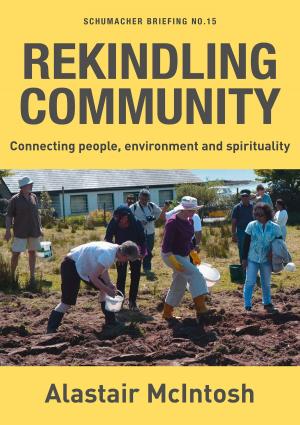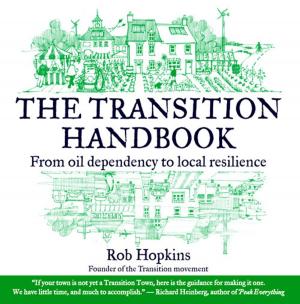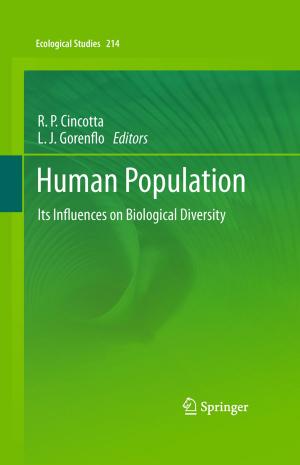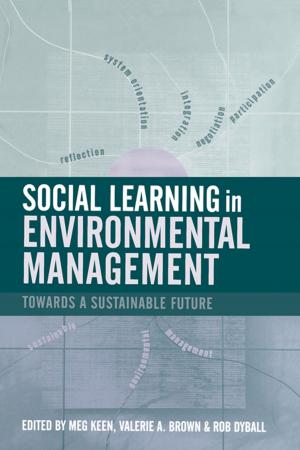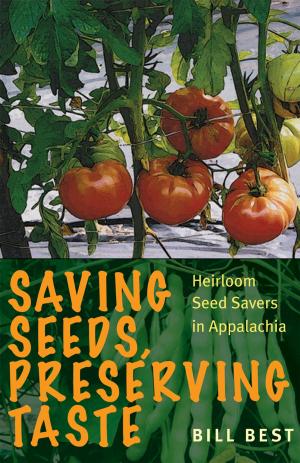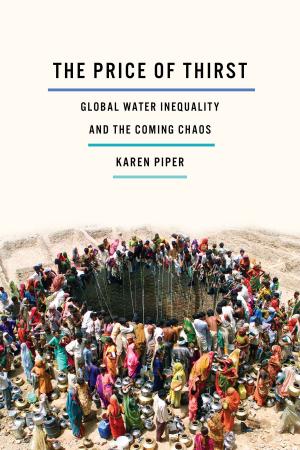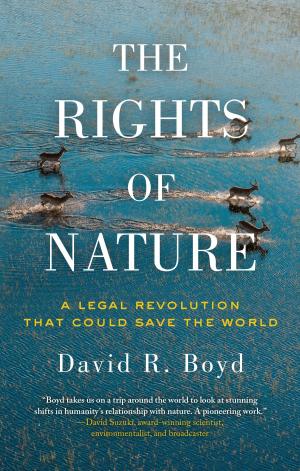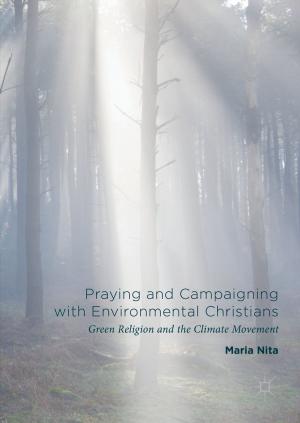Is Honey Vegan?
and other ethical questions about bees
Nonfiction, Science & Nature, Nature, Insects & Spiders, Animals, Animals Rights, Environment, Environmental Conservation & Protection| Author: | A.L.R. Garlow | ISBN: | 1230000887748 |
| Publisher: | Soycrates | Publication: | January 11, 2016 |
| Imprint: | Language: | English |
| Author: | A.L.R. Garlow |
| ISBN: | 1230000887748 |
| Publisher: | Soycrates |
| Publication: | January 11, 2016 |
| Imprint: | |
| Language: | English |
"For much of the past 10 years, beekeepers, primarily in the United States and Europe, have been reporting annual hive losses of 30 percent or higher, substantially more than is considered normal or sustainable. But this winter, many U.S. beekeepers experienced losses of 40 to 50 percent or more"
- Elizabeth Grossman, "Declining Bee Populations Pose A Threat to Global Agriculture", Yale School of Forestry & Environmental Studies.
The decline of the global bee population is a major modern issue. At the same time, support for animal rights is increasing worldwide, with millions adopting plant-based diets, donating to animal organizations, and showing a stronger acceptance for concerns of overall animal welfare. With the fate of global bee populations unknown and looking more grim each day, it's time to consider how our role in their lives can affect their survival.
In examining what one's stance should be on bees - and most importantly, the use of bees for food products such as honey, we must consider many of the same aspects which lead us to grant moral consideration onto other animals.
Should an animal rights activist eat honey? What about an animal welfarist, or an environmentalist? What's killing bees, and do we have any chance - or even any obligation - of stopping it?
"For much of the past 10 years, beekeepers, primarily in the United States and Europe, have been reporting annual hive losses of 30 percent or higher, substantially more than is considered normal or sustainable. But this winter, many U.S. beekeepers experienced losses of 40 to 50 percent or more"
- Elizabeth Grossman, "Declining Bee Populations Pose A Threat to Global Agriculture", Yale School of Forestry & Environmental Studies.
The decline of the global bee population is a major modern issue. At the same time, support for animal rights is increasing worldwide, with millions adopting plant-based diets, donating to animal organizations, and showing a stronger acceptance for concerns of overall animal welfare. With the fate of global bee populations unknown and looking more grim each day, it's time to consider how our role in their lives can affect their survival.
In examining what one's stance should be on bees - and most importantly, the use of bees for food products such as honey, we must consider many of the same aspects which lead us to grant moral consideration onto other animals.
Should an animal rights activist eat honey? What about an animal welfarist, or an environmentalist? What's killing bees, and do we have any chance - or even any obligation - of stopping it?



